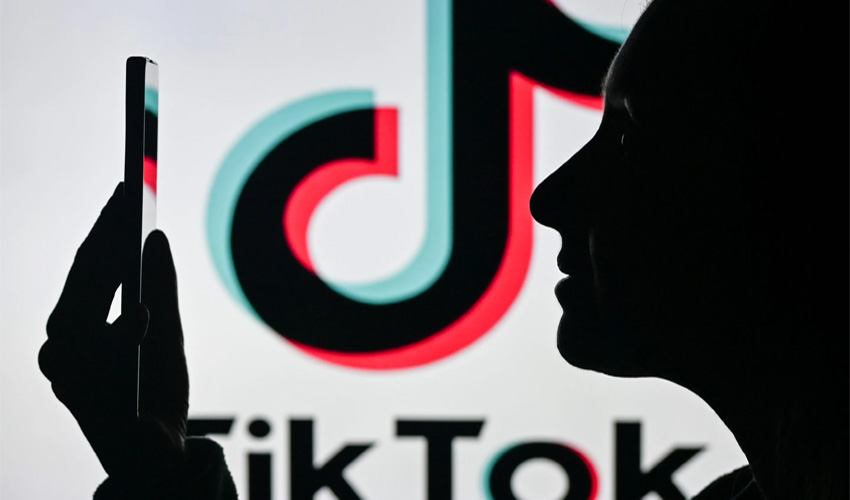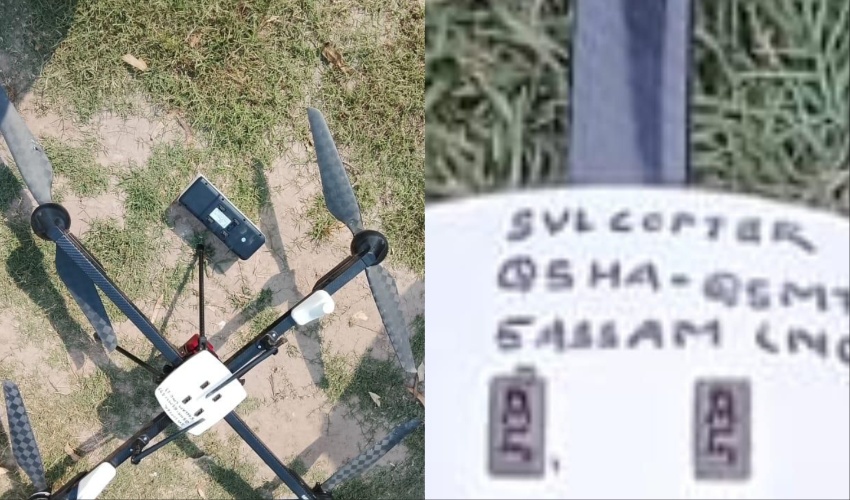TikTok warned late Friday that it may go dark in the United States on Sunday unless the Biden administration provides assurances to companies like Apple and Google that they will not face penalties under a newly upheld ban.
The statement followed a Supreme Court decision supporting a law banning TikTok over national security concerns unless its Chinese parent company, ByteDance, divests from the app.
The unanimous 9-0 Supreme Court ruling has left TikTok's 170 million American users in a state of uncertainty, with ByteDance showing limited progress in meeting the divestment deadline. Former U.S. President Donald Trump, who is set to resume office on Monday, has indicated plans to intervene and save the app.
"Unless the Biden administration immediately provides a definitive statement to satisfy the most critical service providers assuring non-enforcement, unfortunately, TikTok will be forced to go dark on January 19," TikTok said in a statement.
Supreme Court upholds ban
The Supreme Court upheld the law, which Congress passed with overwhelming bipartisan support last year. The legislation, signed by President Joe Biden, bars U.S. service providers from offering TikTok unless ByteDance relinquishes ownership. Despite appeals from TikTok and its users, the court ruled that the ban does not violate First Amendment protections of free speech.
"TikTok's scale and susceptibility to foreign adversary control, together with the vast swaths of sensitive data the platform collects, justify differential treatment to address the government's national security concerns," the court said in its opinion.
The law addresses longstanding concerns that TikTok's Chinese ownership could allow Beijing to exploit the platform for espionage, data harvesting, and influence operations in the United States. TikTok has become a cultural phenomenon among young Americans, with its algorithm driving engagement through personalized short videos.
For some users, the looming shutdown has sparked panic. Houston-based influencer Lourd Asprec, who has over 16 million followers, expressed shock, saying, "I don’t even care about China stealing my data. If anything, I’ll go to China myself and give them my data."
Potential interventions
The Biden administration has not indicated plans to delay the January 19 deadline, leaving the decision to the incoming administration. Trump, who previously attempted to ban TikTok in 2020, has hinted at invoking emergency powers to keep the app operational.
"My decision on TikTok will be made in the not-too-distant future, but I must have time to review the situation. Stay tuned!" Trump said on social media. TikTok CEO Shou Zi Chew is expected to attend Trump’s inauguration in Washington on Monday.
Meanwhile, lawmakers who initially supported the ban are reconsidering its implications. Despite bipartisan backing for the legislation, a growing number of voices in Congress are advocating for measures that would allow TikTok to continue operating.
Business implications
The ban could have far-reaching effects on companies like Apple, Google, and Oracle, which provide services critical to TikTok's operations. These firms face significant fines if they continue to support the app after the ban takes effect. Apple and Oracle have yet to comment, while Google has remained silent.
TikTok's shutdown may also affect millions of small businesses and influencers who rely on the platform for revenue and outreach. Some users are migrating to other platforms, including Chinese-owned apps like RedNote, which presents new challenges, such as language barriers.
Experts believe that TikTok’s fate hinges on ByteDance’s willingness to divest or Trump's potential intervention. Frank McCourt, former owner of the Los Angeles Dodgers, has emerged as a potential buyer, estimating TikTok’s value at $20 billion without its proprietary algorithm.
"Beijing needs TikTok more than Washington does," said Michael Sobolik, a senior fellow at the Hudson Institute. "With that leverage, Trump has a better chance of getting what he wants: TikTok’s continued operation in America without any national security threats."



























